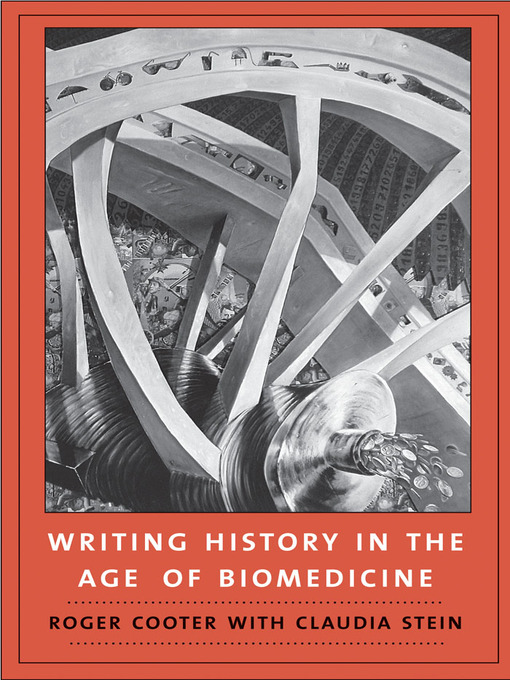A noted medical historian explores the roles played by various intellectual frameworks and trends in the writing of history
A collection of ten essays paired with substantial prefaces, this book chronicles and contextualizes Roger Cooter's contributions to the history of medicine. Through an analysis of his own work, Cooter critically examines the politics of conceptual and methodological shifts in historiography. In particular, he examines the "double bind" of postmodernism and biological or neurological modeling that, together, threaten academic history. To counteract this trend, suggests Cooter, historians must begin actively locating themselves in the problems they consider.
The essays and commentaries constitute a kind of contour map of history's recent trends and trajectories—its points of passage to the present—and lead both to a critical account of the discipline's historiography and to an examination of the role of intellectual frameworks and epistemic virtues in the writing of history.

